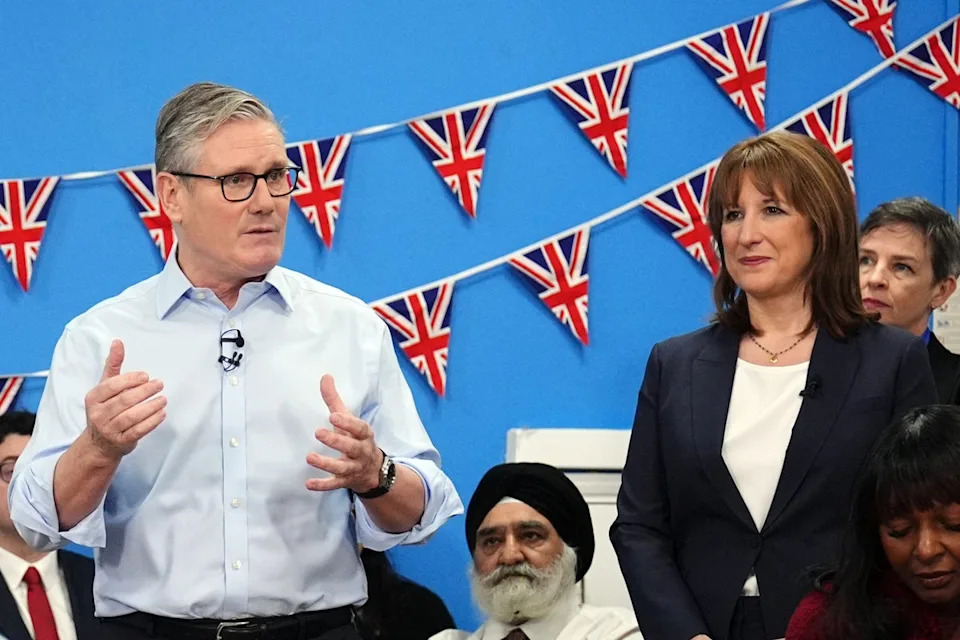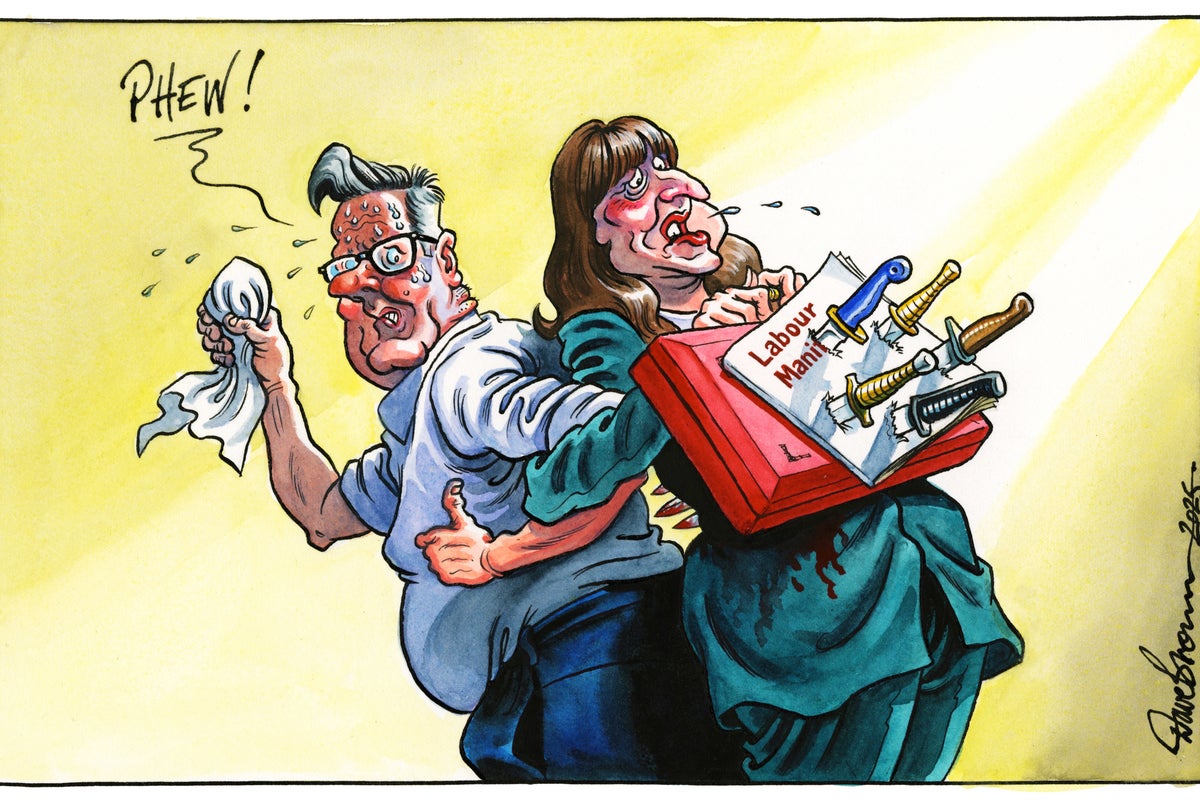Fundamentally, the Budget was sound enough. Rachel Reeves did at least make the numbers add up. The reaction of the gilts market suggests that lenders to the government believe that the chancellor has a credible plan to prevent debt from running out of control.
Doubling the margin for error, known as headroom, from £10bn a year to £20bn was a prudent decision, putting right a pointless risk the chancellor took last year.
But in so many other respects, the Budget was a disappointment, and Keir Starmer must take joint responsibility for that with his neighbour at No 11. The considered verdict on a Budget is often different once journalists, accountants and think tanks have had time to analyse the figures in depth. In the case of Ms Reeves’s second Budget, it seems that the initial negative judgement has only hardened.
Above all, it represented the wrong priorities for the country. Once the analysts had swept aside the distractions of the premature publication of the Office for Budget Responsibility report, it became clear that the OBR forecast had not changed anything like as badly as much of the pre-Budget speculation had assumed.
In round terms, the chancellor needed to find £6bn a year to make up for the lower-than-expected growth forecast, as well as the £10bn for the extra headroom. But she found all that money from higher taxes, rather than restraining the growth of public spending, and not only that but she increased taxes by a further £10bn a year to pay for higher welfare spending.

‘These are priorities driven by the need of a weak prime minister and chancellor to appease the instincts of Labour MPs’ (PA)
As we said on Budget day, these are priorities driven by the need of a weak prime minister and chancellor to appease the instincts of Labour MPs, rather than being decided in the national interest. Instead of focusing on swing voters in the country, Mr Reeves and Sir Keir were interested only in swing voters in the parliamentary Labour Party – those MPs who can make or break the pair’s hold on high office.
We understand those MPs’ sincere concern with child poverty. But we have to ask whether simply lifting the two-child limit entirely is the best use of scarce resources, or whether a partial lifting combined with more Sure Start centres, as suggested by David Blunkett, the former home secretary, would have been more effective – and would have retained more of the message of responsible parenting.
We understand, too, Labour MPs’ worries about this summer’s botched attempt by Liz Kendall, the former work and pensions secretary, to restrain the growth in disability benefits spending. It was a crude measure that would have taken payments away from existing claimants. But it was right in principle that the increase in spending should be curtailed, because it does not reflect a real rise in health conditions and it risks trapping people on benefits.
Other priorities revealed by the Budget are also at odds with the national interest, and indeed with what many people thought they were voting for last year. There was nothing in the chancellor’s statement that could stimulate growth by enough for the OBR to score it.
And the treatment of young people – the nation’s future – is insulting. School funding per pupil is planned to fall, while the surreptitious squeeze on student loan repayments is a disgrace – as the threshold for repayments is expected to fall to close to the minimum wage. This is a Labour government that is giving the vote to 16-year-olds while in effect telling them to vote for some other party.
On day two of her round of post-Budget interviews, Ms Reeves found herself in ever greater difficulty in claiming that she had not broken Labour’s manifesto promise not to raise taxes on working people and specifically not to raise income tax. She tried a semantic defence that the manifesto referred to “rates” of income tax, which remain unchanged while more and more income is dragged into the tax net by inflation. But people are less willing to give her the benefit of the doubt after she tried a similar trick in last year’s Budget, claiming that a rise in employers’ national insurance was not a tax on “working people”.
Thus she and Sir Keir have further eroded people’s trust in the people they elect to represent their interests – and for the sake of priorities driven by their political survival rather than by the national interest, and in particular the interest of young people. The considered verdict on this week’s Budget remains a thumbs down.
